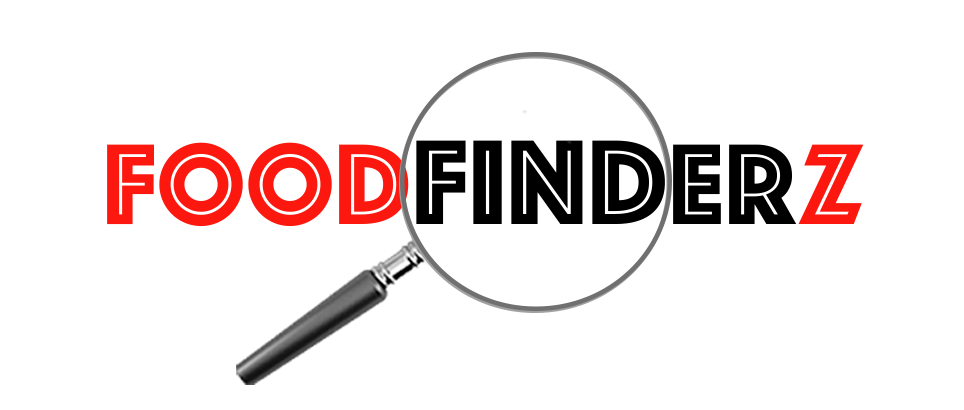I. The Importance of Compliance in B2B Bulk Food Trade
- Highlighting the significance of complying with international trade regulations for B2B bulk food traders.
- Exploring the potential consequences of non-compliance, such as penalties, shipment delays, and reputational damage.
II. Understanding Key International Trade Regulations a. Import/Export Requirements – Discussing the documentation and licensing requirements for importing and exporting bulk food products. – Exploring customs procedures, tariffs, and trade agreements that impact international trade.
b. Food Safety and Quality Standards – Explaining the importance of adhering to food safety and quality standards, such as HACCP and ISO certifications. – Discussing the role of regulatory bodies and organizations involved in setting these standards.
c. Labeling and Packaging Regulations – Detailing the labeling and packaging requirements for bulk food products, including allergen labeling and nutritional information. – Exploring specific labeling requirements for different regions or countries.
III. Tips for Ensuring Compliance in the Bulk Food Industry a. Conduct Thorough Market Research – Highlighting the importance of understanding the regulations of target markets before entering them. – Recommending the use of market research resources, government websites, and industry associations for up-to-date information.
b. Partner with Reliable Suppliers and Service Providers – Emphasizing the significance of working with reputable suppliers and logistics providers who are well-versed in trade regulations. – Suggesting the establishment of clear contractual agreements that include compliance obligations.
c. Invest in Proper Documentation and Record-Keeping – Providing guidance on maintaining accurate and comprehensive records of trade transactions, including invoices, certificates, and permits. – Discussing the benefits of digital solutions and document management systems for efficient record-keeping.
d. Stay Updated on Regulatory Changes – Encouraging B2B bulk food traders to actively monitor changes in international trade regulations. – Recommending the use of subscription services, trade publications, and industry associations to stay informed.
Navigating international trade regulations is a challenging but necessary task for B2B bulk food traders. By understanding the complexities of these regulations and implementing strategies for compliance, traders can minimize risks, ensure smooth operations, and maintain a competitive edge in the global market. By staying informed, partnering with reliable stakeholders, and investing in proper documentation, traders can successfully navigate the intricate landscape of international trade regulations in the bulk food industry.

